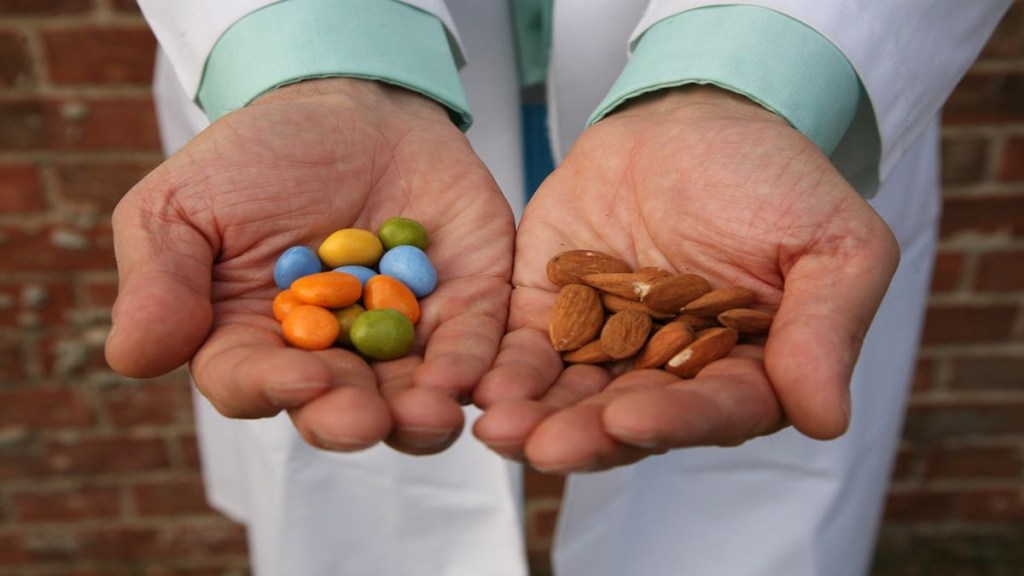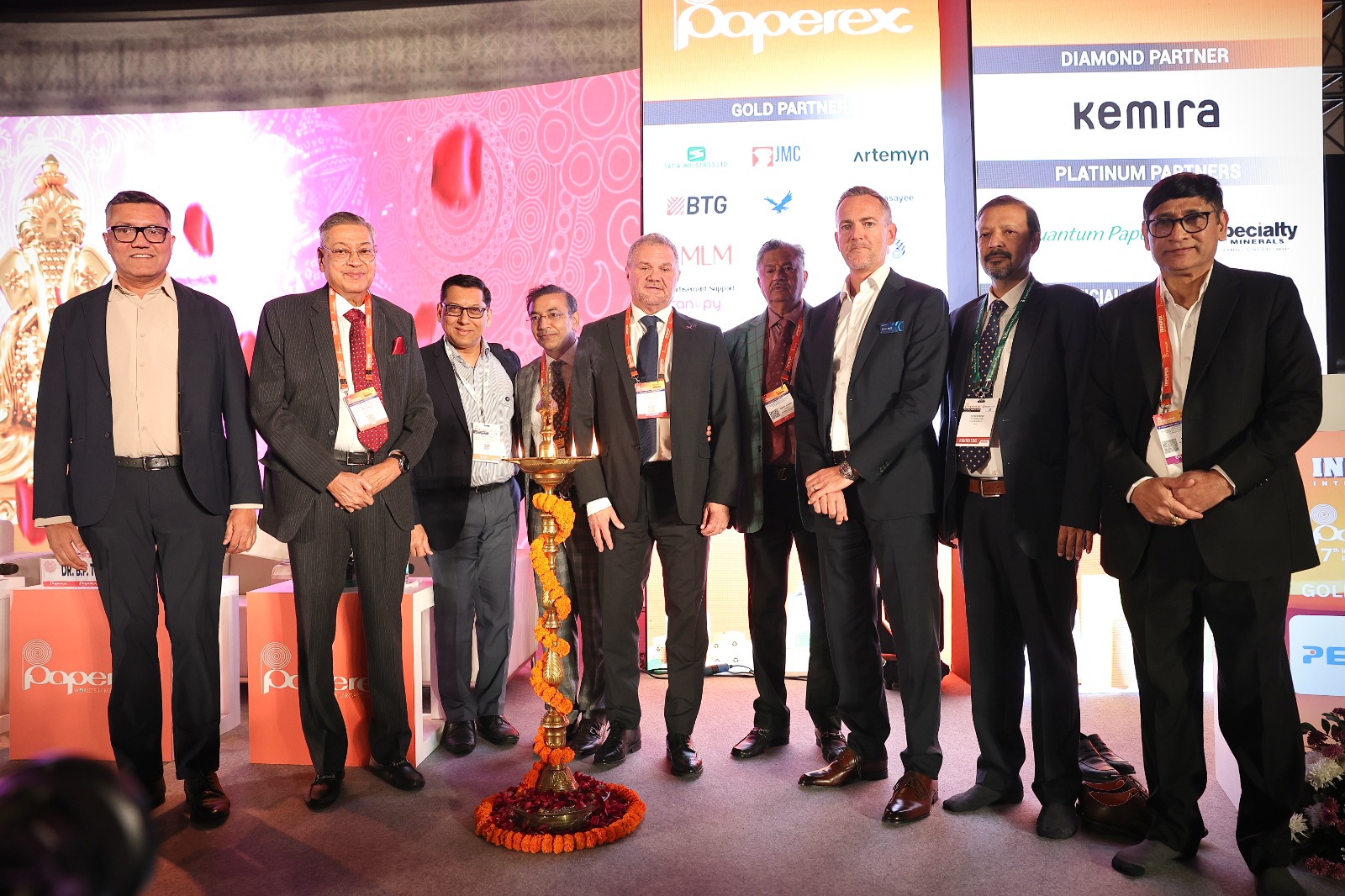Home remedies for various diseases are pretty common in Indian households. Just Googling ‘Home Remedies’ will give you endless results for all sorts of medical disorders like motion sickness, bee sting, cavities, and the common cold, and after 2020 even for COVID-19. Moreover, with the ‘nature can heal’ perception, many people resort to Ayurveda, Homeopathy, and other traditional medicines in order to get cured of various ailments.
Meanwhile, a similar trend can be seen in the supplement industry. According to a report by Data Bridge Market Research, the wellness supplements market is expected to witness market growth at a rate of 6.95% in the forecast period of 2022 to 2029. The report maintains that the major factors that are expected to boost the growth of the wellness supplements market in the forecast period are the rise in the attention to healthy lifestyles and the increasing geriatric population.
Interestingly, the rise in awareness towards healthy lifestyles among people worldwide is escalating the growth of the wellness supplements market, as per the report.
“People generally have a very poor understanding of diseases, their natural history, and treatment options at various points in the natural history of the disease. For example, a disease like acute viral hepatitis A infection resolves spontaneously in 99% of patients within a few weeks. The only medical care that we need to offer is symptom management (nausea, vomiting, low appetite) and nutrition. However, in general, people have this misinformed understanding that the disease is ‘jaundice’ and there needs to be treatment directed at ‘jaundice.’ Jaundice is a symptom and a sign of an underlying liver disease that was caused by hepatitis A virus infection. And targeting the virus through masterly supportive care reduces and resolved the jaundice,” Dr. Cyriac Abby Philips, a senior consultant and physician-scientist in the Department of Hepatology at the Liver Institute, Center of Excellence in GI Sciences, Rajagiri Hospital, Aluva, in Kerala told Financial Express.com.
Dr. Philips, popularly known as ‘The Liver Doc’ on social media, has been treating patients suffering from complications arising due to the use of alternative medicines like Ayurveda and Homeopathy for years now.
He also revealed that he along with his colleagues have published several studies that highlighted how Ayurvedic herbal and Homeopathic formulations cause severe liver injury, liver failure, and even death. Although his work was applauded among the scientific and medical fraternities across the globe, it also led to multiple litigations and physical and mental harassment.
“When people start looking at symptoms and signs as the disease, the focus on treating the disease runs amok and their idea of disease management becomes chaotic. This chaos can be reduced through proper education which also improves health literacy and increases scientific temper and this must come from the primary care doctors or the specialists who are responsible for the patients and their families. Sadly, such a system of “teaching while prescribing” does not exist in India, and doctors, largely, look at the patient as a 9 to 5 job that needs to be completed,” he told Financial Express.com.
According to him, patients’ expectations of a quick recovery and the doctor’s false expectation, makes people take alternative routes to cater to their healthcare which likely, ends disastrously.
‘Everything natural is not always safe or effective’
It is often assumed that Ayurvedic medicines are safer than modern medicines as it comprises natural ingredients. However, there have been many instances where patients’ conditions have further deteriorated after consuming “natural” medicines.
For instance, Ayusulin is a ‘herbal’ treatment that can supposedly control diabetes. A quick look at its ingredients will reveal that it also contains Gurmar (Gymnema Sylvestre). A 2010 paper published in The American Journal of the Medical Sciences has highlighted a case study where consumption of the herb has led to drug-induced liver injury.
“This case highlights a major problem related to CAM (complementary and alternative medicine), which is considered by most patients to be safer than conventional drugs because it is based on ‘natural substances,’ resulting in low disclosure among the patients and requires the providers to ask specifically for herbs to be able to recognise potential adverse effects. Furthermore, these products often contain multiple active ingredients in unknown amounts; hence, their labeling and safety are often lacking, and their chemical composition is only partially known,” the paper revealed.
Meanwhile, those who practice Ayurveda have often claimed that cow urine has several health benefits. However, a recent research carried out by the Indian Veterinary Research Institute (IVRI) discovered urine samples from healthy cows contained 14 types of harmful bacteria. According to the study, Escherichia coli, which causes stomach infections, was most commonly detected.
“The anti-science narrative that rational and realistic scientific treatments are “synthetic and harmful” while alternative treatments are “natural and safer” has been the trump card utility of the complementary and alternative medicine practitioners in deceiving the public on rightful healthcare. This has two major implications – one, patients are deceived into receiving ineffective and unscientific treatments that worsen their underlying disease condition and two, the deceptive treatments themselves can harm the patients due to toxic effects on various organ systems. Our publications shattered the myth that “herbals are natural and safe,” and without reasonable doubt, proved that everything natural is not always safe or effective,” Dr. Philips pointed out.
A classical example of this was the use of Giloy herb as a Covid-19 preventive during the pandemic. Giloy use was extensively promoted by both Government bodies such as The Ayush Ministry as well as private stakeholders such as Ayurvedic products manufacturers, he said.
“There was never and there is still not any clinically proven evidence that Giloy is effective for any disease condition known to humans, forget a novel virus pandemic. But Giloy did something to the masses. India saw a massive rise in herb-induced autoimmune hepatitis directly implicated with Giloy use which was published in peer-reviewed medical journals by multiple clinical researchers including the largest multicenter national study by our expert group, The Liver Research Club India,” he revealed.
He also revealed that the promotion of natural and safer alternatives to “boost immunity” and prevent Covid-19 from the public health regulatory bodies in India was also associated with large numbers of patients developing various Ayurvedic and Homeopathic “immune-boosting” related adverse events, leading to death among 42% of those affected with liver injury.
Dr. Philips is now routinely seeing patients coming in with multiple sites of bleeding after consuming decoctions of fenugreek (which contains natural plant-based blood thinners) or people coming with severe hepatitis due to the use of green tea extracts or garcinia cambogia (Malabar tamarind) for weight loss, all based on the notion that natural supplements are safer and effective when they are not both.
Do we need health supplements?
According to Dr. Philips, there is a role for well-studied and rigorously trialed supplements in the prevention of diseases and treatment of specific illnesses.
“For example, the use of omega-3 supplements for reducing triglycerides, preventing cardiac events, or reducing liver fat is well documented. Similarly, zinc supplementation in a condition called Wilson’s disease which is a genetic condition characterized by copper overload leading to liver and brain damage, to reduce systemic copper levels is an important treatment strategy in the prevention of chronic organ damage in those affected,” he explained.
Dr. Philips emphasised that the nutraceuticals and wellness supplement industry “exists only for the sole business of healthcare and not for realistic patient care.”
“… ever-expanding herbal and dietary supplements (nutraceuticals) industry. promoted and sustained by a large group of health- and science-illiterate alternative medicine practitioners who exist solely to create more disease burden than to prevent it. They form a large part of complementary and alternative practices and promote and sell food and dietary supplements which also include botanicals, minerals, vitamins, animal parts, hormonal agents, and other nutritional products. None of these products work as per the advertised indications which is why they are not considered “medicines” but “supplements or food products,” he told Financial Express.com.
We can very confidently lead healthy and long lives with zero use of nutraceuticals in our routine, he added.
“The gummy-based formulations and supplements are part of the wellness-nutraceutical industry that survives solely on deceptive advertisements, fraudulent promotions, and anecdotal experiences or paid promos. Biotin gummies for hair and nail growth, collagen for skin, and melatonin or magnesium supplements for sleep are all based on mostly low-quality evidence gathered from poorly designed studies that are published in dubious open access journals or from substandard and underpowered human pilot trials,” Dr. Phlips emphasised.
None of these products are recommended by any clinical society globally and are sold only based on “over-glorified” promotional advertisements on visual, print, and social media, he added.
The way forward
Dr. Philips maintains that the most important point for a non-medical person who is looking for a prevention-or treatment-related health intervention is to not look at social media at the outset.
“Doctors are trained over decades to meet our healthcare needs for their fellow human beings. The most important aspect is to discuss and fact-check with a primary care physician or a specialist the specific health-related information that was shared. No amount of online browsing and search skills can ever replace a human doctor’s face-to-face review and advice when it comes to medical care. But social media is not all that bad. Multiple doctors run very informative and validated, credible content on disease diagnosis and treatments for the common person. The pertinent part is to seek out such handles/channels and assimilate information from these credible sources,” he told Financial Express.com.
He also urges people to always fact-check the source from where the health information is coming and vet it with another person or source before blindly forwarding or diving right into using that piece of information.
“This is possible only when people develop a scientific temper, reasoning and rational based on critical thinking skills. A simple mantra: Stay away from those looking to sell you something and embrace those who want to teach you something based on credible references and not just extraordinary claims,” he said.








